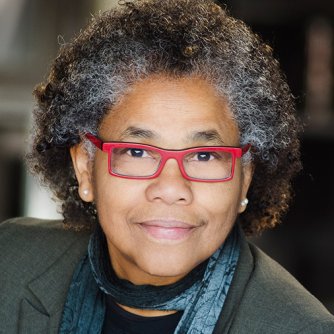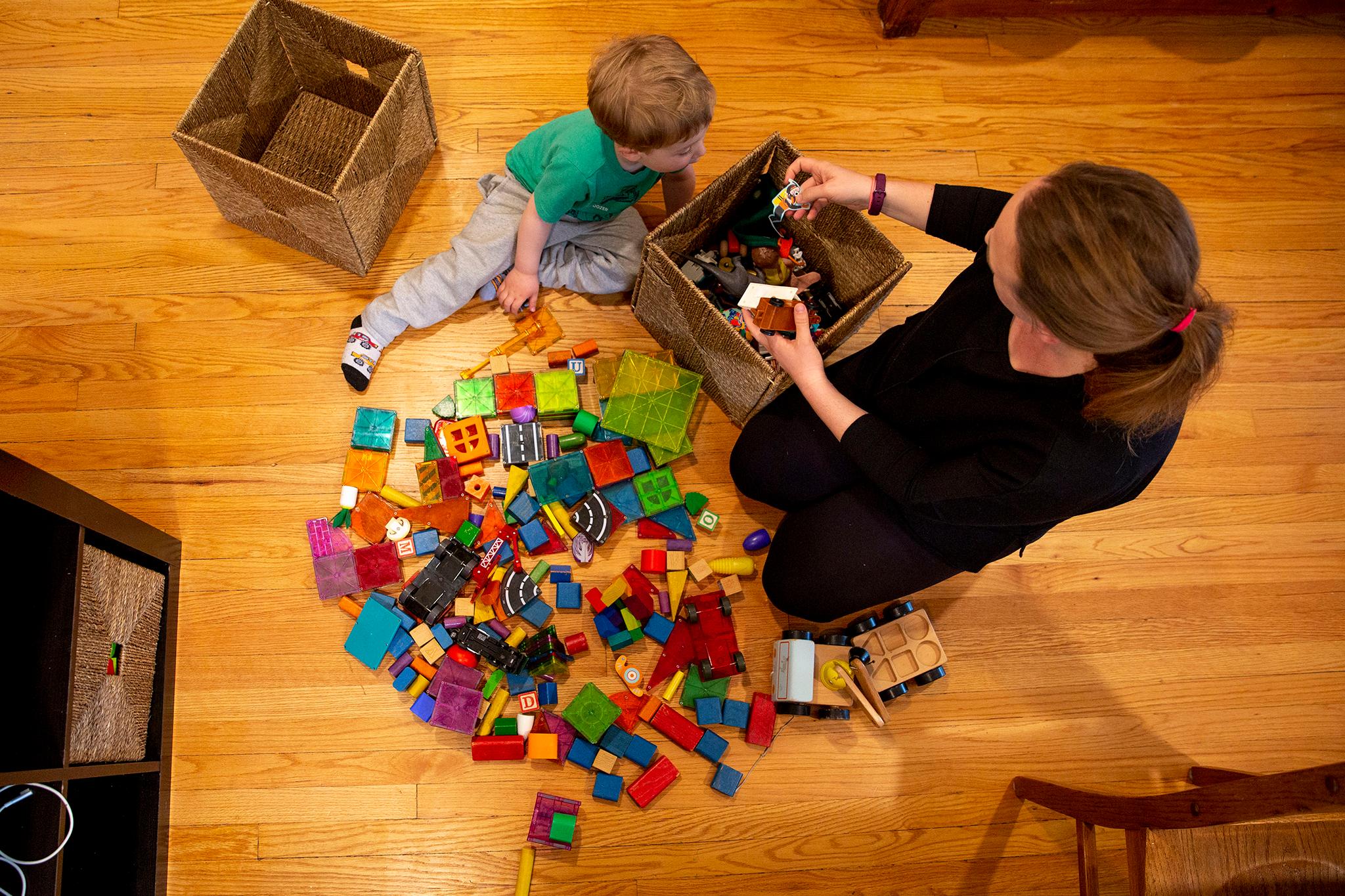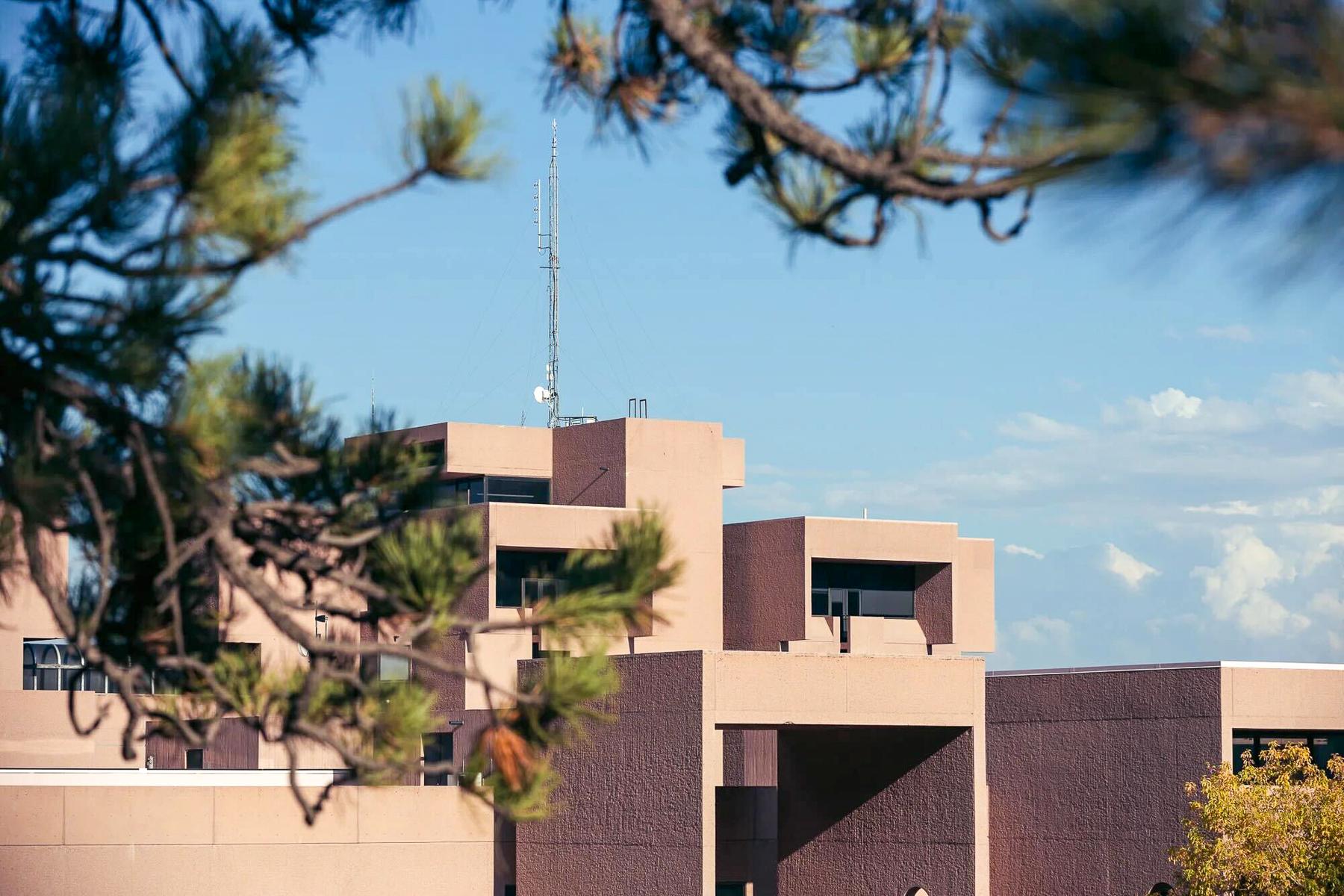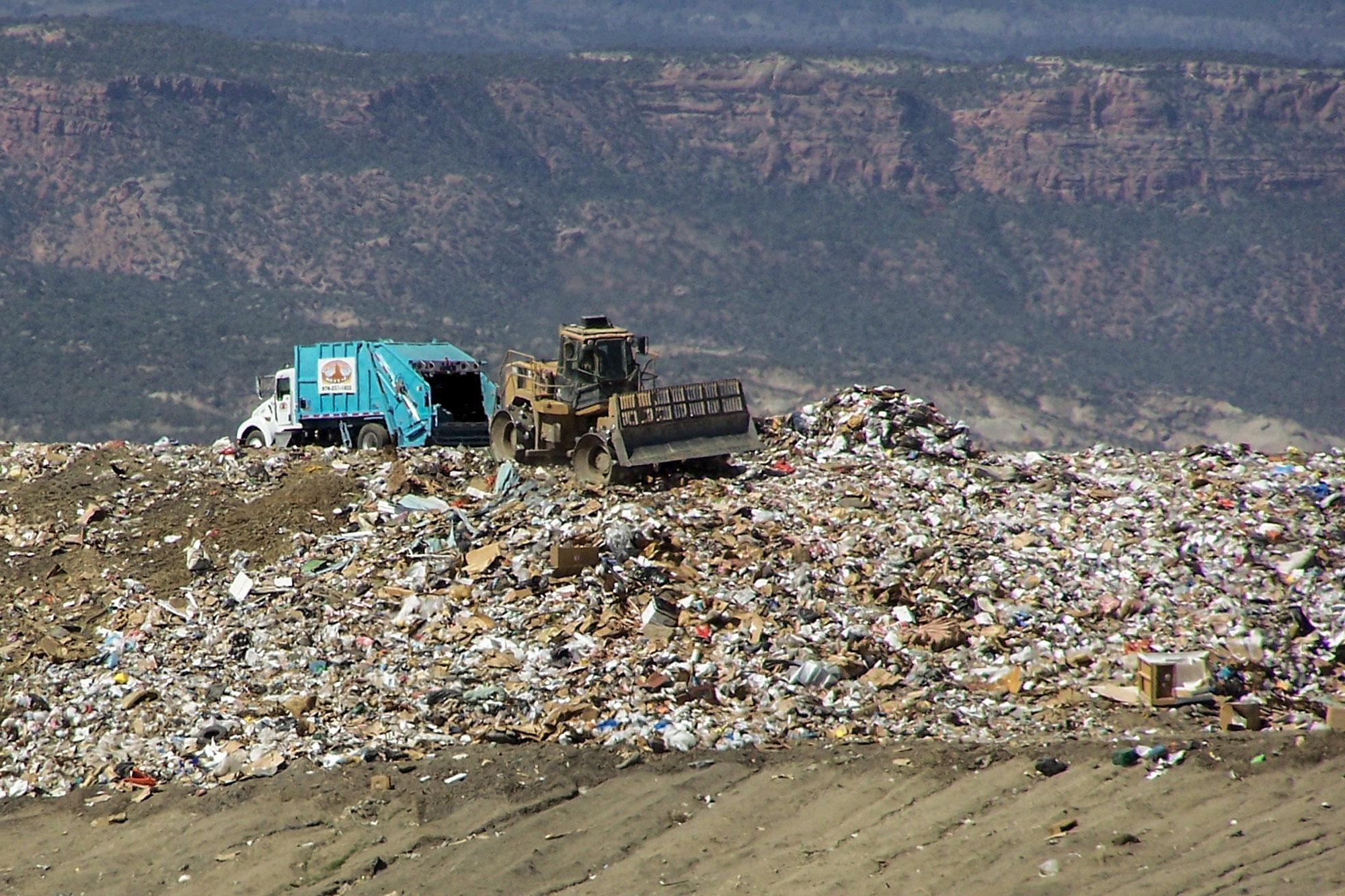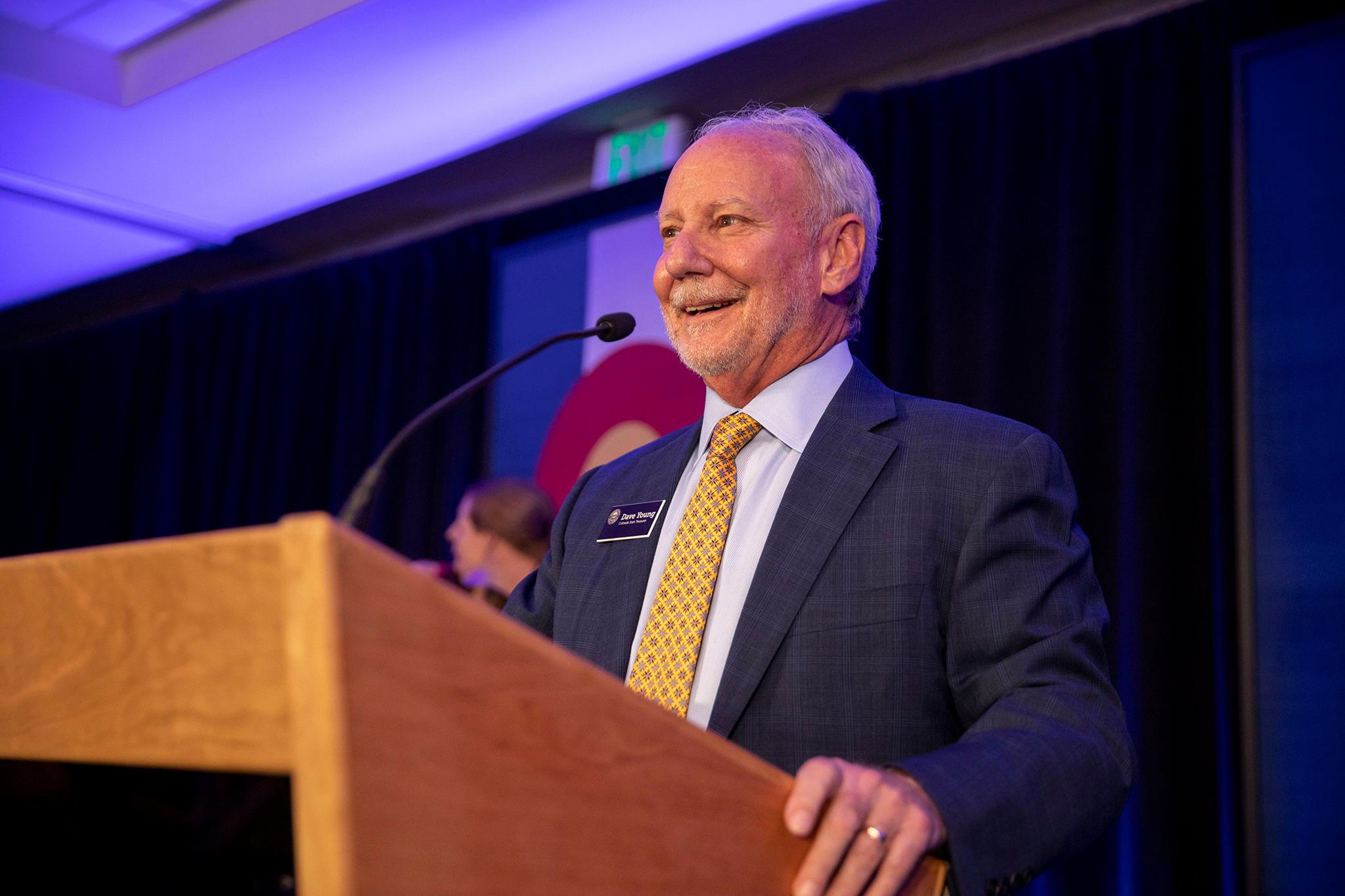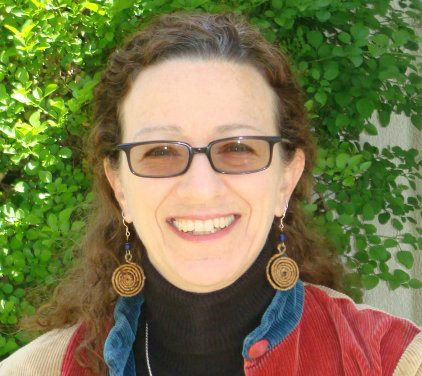
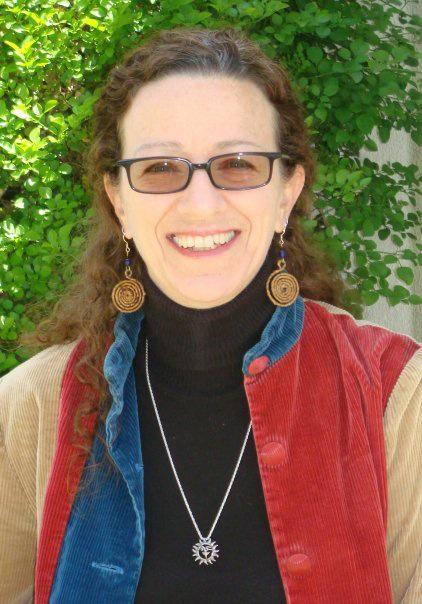
Aurora, the third-largest city in Colorado, estimates that it has between 500 to 1,000 homeless individuals. Now it's hired Shelley McKittrick to lead and coordinate its approach to the issue. She's a veteran of working on homelessness issues in Santa Cruz, California, and nonprofits dealing with HIV in Colorado and California.
Aurora "really wanted to step up and take action beyond funding organizations, and have some more coordination of homeless programs in the city," McKittrick said.
McKittrick said she's still learning about the causes of homelessness in Aurora, but says the large increase in housing prices in the state has had a major impact. She also said she's been surprised by one statistic of the homeless population in Aurora.
"Unlike most large urban areas that have a significant number of folks experiencing homelessness, Aurora has more than 50 percent of their population as families with children who are now homeless," McKittrick said. "That was a surprise to me."
She spoke with CPR's Jo Ann Allen about the challenges she sees ahead. Some conversation highlights:
What is your response when you hear that there's nothing that we can really do to solve the problem of homelessness?
"I say, that's not true. I came from Santa Cruz where we had a very large homeless population, disproportionately large. And because I worked in HIV for so long, I'm often making references to the types of things we used to say in the HIV and AIDS community. And in the 80s and 90s, nobody thought we would be able to be where we are at today, living with HIV as a chronic, manageable disease if you have access to treatment.
"And ending homelessness is absolutely possible. Follow the models that the VA has set up for rapid re-housing and permanent supportive housing to end veteran homeless. Look at the 100,000 Homes campaign and then the National Alliance to End Homelessness, and follow those evidence-based best practices to get the chronically homeless housed immediately in permanent, supportive housing so that they can then heal from all of the trauma that they have experienced.
"And having mental health services available; I'm so impressed with the mental health services available in Aurora already. Part of one of our strategies to both relieve some of the impact of homelessness on the streets in Aurora and also serve the folks and have a safe place to be during the days. We're moving towards opening a day-resource center out on the Fitzsimons campus, which can act as a daytime hub for folks experiencing homelessness, to come in and be able to take a break, eat, have a shower, do their laundry and also get connected to a wide network of services.
"You know, it's a large problem that has to be broken down into digestible, attackable pieces. And little by little, you know, we can do this. And the money it takes to maintain a homeless individual's life when they're on the street is so much more than what it costs to house them, It's really a matter of changing the minds, not just the hearts, but the minds of folks."
Currently how much housing is there available in Aurora for homeless people?
"We have the Aurora@Home program, which is our 10-year plan to end family homelessness, and now it is expanding to address all homelessness. And in that program there are Section 8 vouchers prioritizing homeless families. The challenge is getting the landlords out there to say 'Yes.' And so to that end, the city has increased its funding for additional landlord outreach, because these folks will be supported when they're housed. They're not just going to be put into an apartment and then left alone.
"And so in many ways, when a property owner says yes to a homeless family or an individual, they're saying yes to having more support than they have with regular applicants. One of the major gaps I've seen so far, is that we just need more housing in Aurora, more apartment complexes built. And what I've learned from my time in California is that any housing, even at market value and higher, relieves the stress on the entire housing market."
